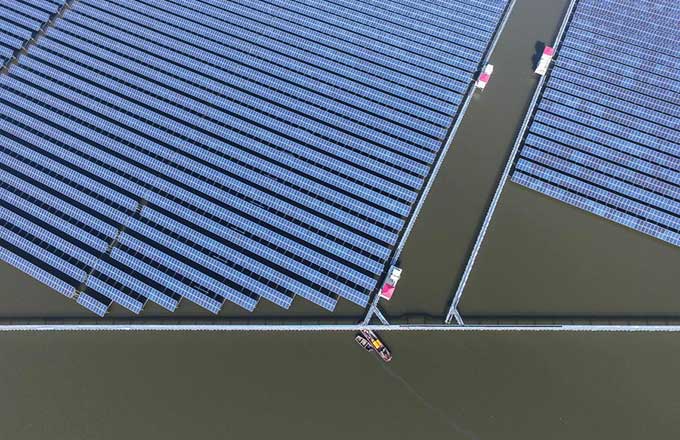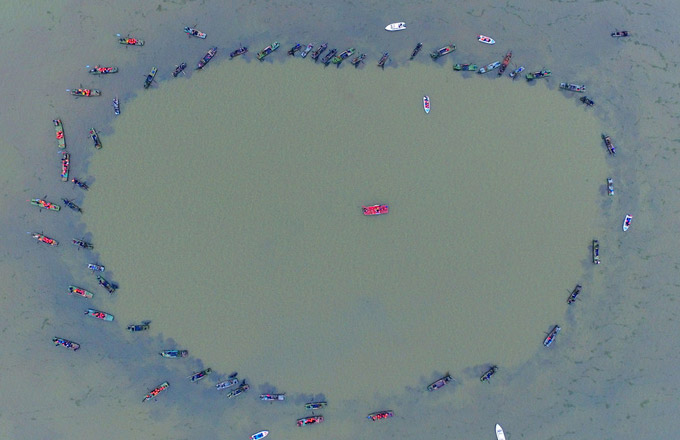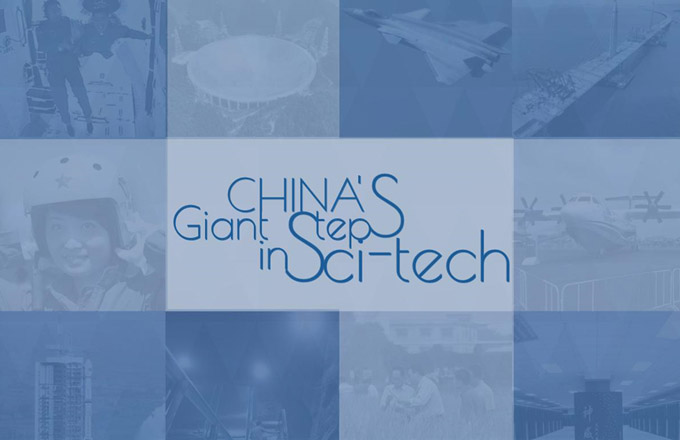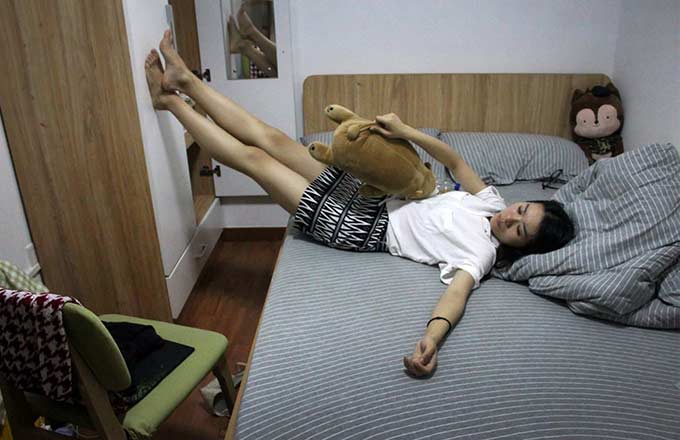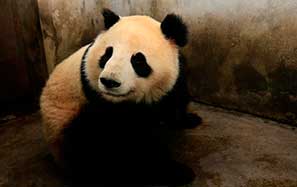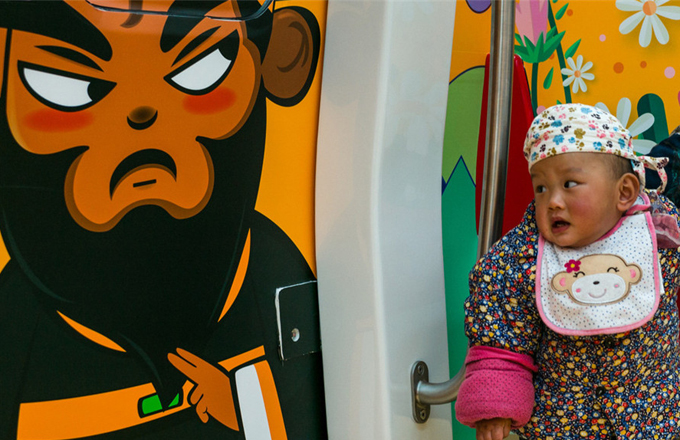The silk road in the sky
Chinese astronauts have completed an experiment proposed by four Hong Kong students to determine whether silkworms can live and spin outside the Earth's atmosphere. Honey Tsang reports from Hong Kong.
The unbroken thread of every silkworm stretches more than 1.5 kilometers. It is an apt symbol, tracing a silken strand from the earliest dawn of history to the present, where tiny wriggling silkworm larvae performed their dance of life aboard the Tiangong II space lab, 393 kilometers above the earth.
Early Chinese people held special affection for silkworms and their cocoons. Unwound, the cocoons produced the lustrous fiber that gave birth to an opulent culture, spawning a nation of traders who spread out along what came to be known as the Silk Road.
Silkworms, closely intertwined with Chinese culture and history, remain the subject of ongoing research. They have been fed artificial colorants to produce dyed, nontoxic fibers, and researchers are looking into silken biomaterials with five times the tensile strength of steel.
The tiny larvae taken on a "spacewalk" by Chinese astronauts were part of an experiment proposed by four high school students from the Christian and Missionary Alliance Sun Kei Secondary School in Hong Kong, who devised a pilot scheme to breed the worms in space. Their design won second prize at the Space Science Experiment Competition, organized by the Hong Kong authorities and the China Astronaut Research and Training Center.
Astronauts Jing Haipeng and Chen Dong, who conducted the experiments, set out to determine how microgravity affects the biological functions of silkworm larvae.
Cultural elements
"We wanted to come up with an experiment that applied Chinese cultural elements. That's how we settled on silk farming, a time-honored agricultural practice that originated in China." said Wong Tsoi-yin, 17, one of the students who came up with the idea for the experiment. "Above all, we wanted to find out whether it's possible to breed silkworms in space, hoping that, if successful, this might advance space science."
Simple as it may appear, the experiment involved nearly two years' preparation. The students admitted they were surprised at how much work was needed to turn their prototype into a full-blown, space-friendly experiment. China Aerospace Science and Technology Corp, known as CASC, which focuses on aerospace research and spacecraft design, took on the responsibility of modifying the proposal and bringing it to fruition.
The six larvae that became the subjects of the experiment were the products of thousands of generations of selective breeding, and were chosen as the best among 4,000 newly bred larvae.
Those used for the Shenzhou XI mission were produced at CASC's No 5 Research Academy. Engineers at the corporation had concluded that most silkworms could not survive the harsh environment of space, so they set about breeding a new, hardier and healthier strain.
What followed was a series of rigorous screenings. The ideal larvae had to be bigger than their peers and whiter in color, according to Wei Xilin, an engineer at CASC, speaking on China Central Television.
The shortlisted larvae were put through a final test, and the engineers finally chose the six healthiest, Wei explained.
In the early stages, experts from China's Manned Space Agency provided the students with knowledge of conditions inside the spacecraft, as well as an understanding of how to breed larvae.
Leung Tsz-wan, 17, one of the students, said the exchanges with space experts from the mainland were essential in shaping their ideas into a meaningful experiment.









